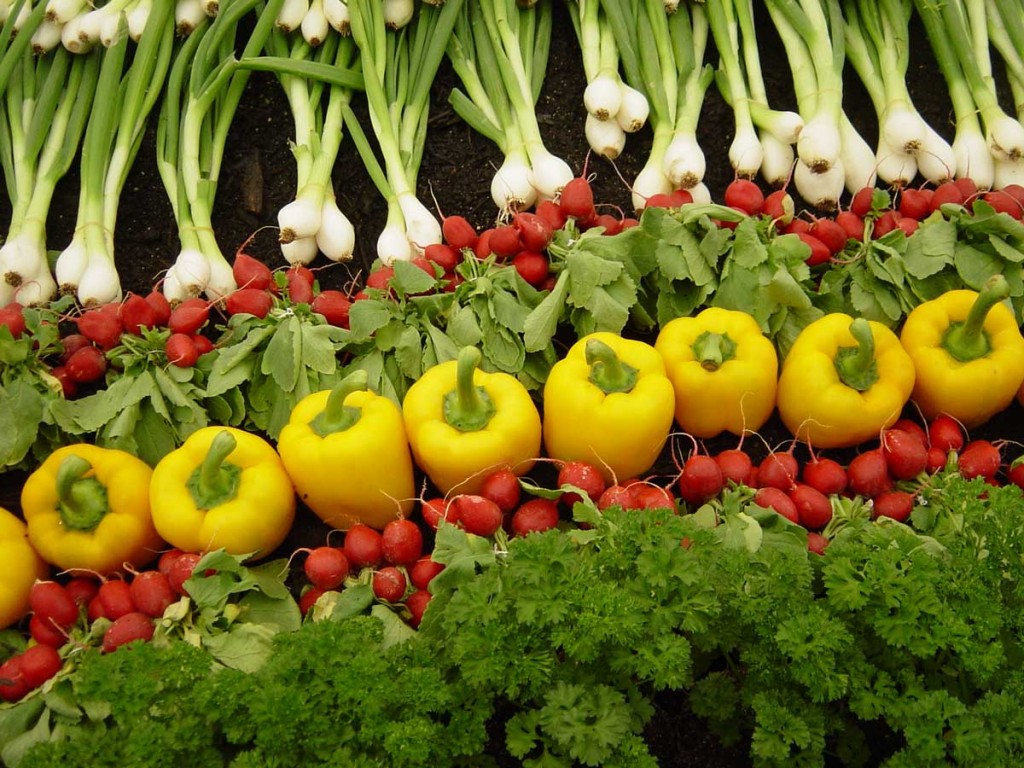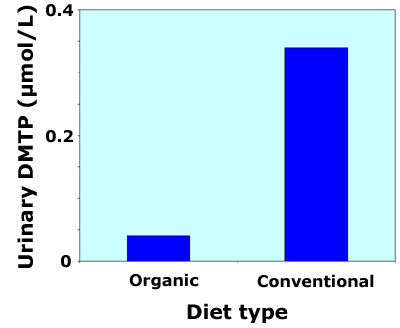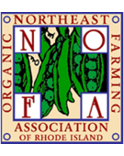For Safety and Quality
 The word “organic” refers to the way farmers grow and process agricultural products, such as fruits, vegetables, grains, dairy products and meat. Organic farming practices are designed to encourage soil and water conservation and reduce pollution. Farmers who grow organic produce and meat don’t use conventional methods to fertilize, control weeds or prevent livestock disease. For example, rather than using chemical weedkillers, organic farmers may conduct sophisticated crop rotations and spread mulch or manure to keep weeds at bay.
The word “organic” refers to the way farmers grow and process agricultural products, such as fruits, vegetables, grains, dairy products and meat. Organic farming practices are designed to encourage soil and water conservation and reduce pollution. Farmers who grow organic produce and meat don’t use conventional methods to fertilize, control weeds or prevent livestock disease. For example, rather than using chemical weedkillers, organic farmers may conduct sophisticated crop rotations and spread mulch or manure to keep weeds at bay.
This new study from Seattle reports that school children eating conventionally-grown fruits and vegetables are more likely to exceed EPA safety thresholds for organophosphate pesticides than children eating organic produce. Simple choices by parents can have a big impact on pesticide exposures. “This study demonstrates that dietary choice can have a significant effect on children’s pesticide exposure. To our knowledge, no other studies have tested this hypothesis. Our finding that children who consume primarily organic produce exhibit lower pesticide metabolite levels in their urine than children who consume conventional produce is consistent with known agricultural practice, since organic foods are grown without pesticides. Consumption of organic produce represents a relatively simple means for parents to reduce their children’s pesticide exposure.”
The heart of the analysis shows that DMTP levels in children eating organic foods were significantly lower than those eating conventional foods:
DMTP values averaged 9 times higher in children eating a conventional diet.
Two studies have found that children fed organic diets experienced significantly lower organophosphorus pesticide exposure than children fed conventional diets.Although the researchers did not collect health outcome data in this study, they concluded “it is intuitive to assume that children whose diets consist of organic food items would have a lower probability of neurologic health risks.”
A 2010 study associated these pesticides with an increased risk for ADHD. A 2007 study found that consumption of organic milk is associated with a decrease in risk for eczema, although no comparable
benefit was found for organic fruits, vegetables, or meat.
It has never been easier to shop for organic food, and there has never been so much choice. Every food category now has an organic alternative. It’s also common sense; organic food is good food.
Good to eat, good for the environment, good for the small-scale farmers and the farm workers who produce it.
By eating organic food you are providing the healthiest choice for your family and supporting the farms that provide us with healthy and ecological neighborhoods.
